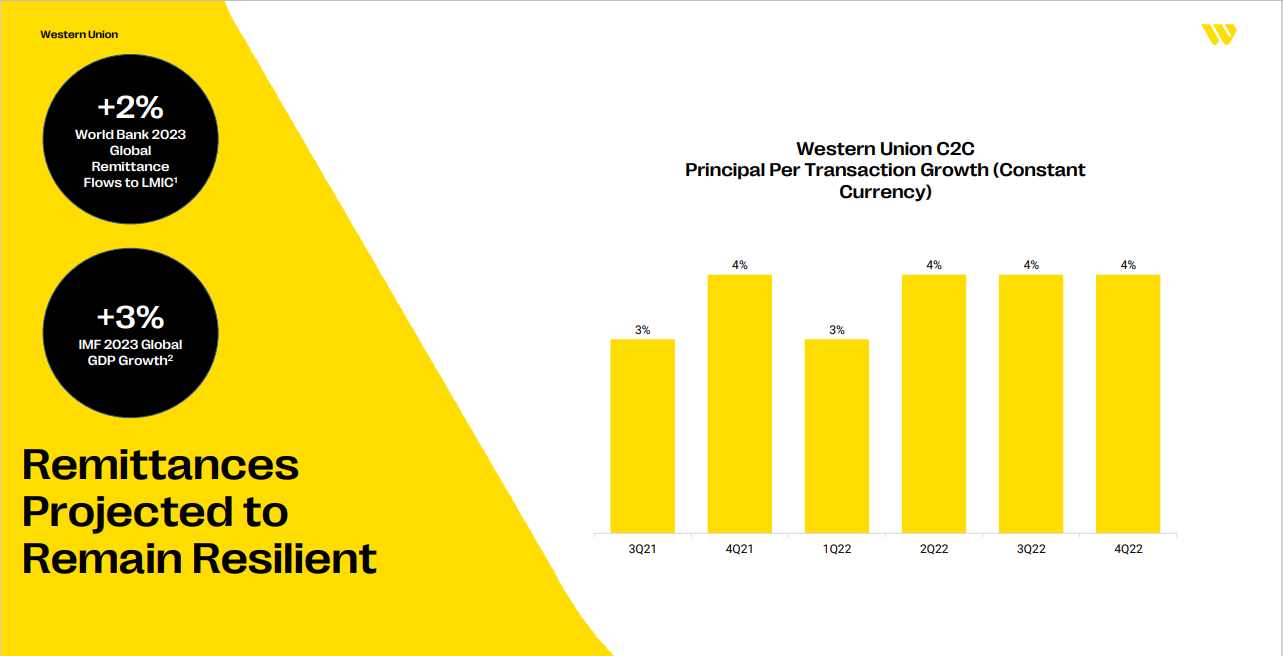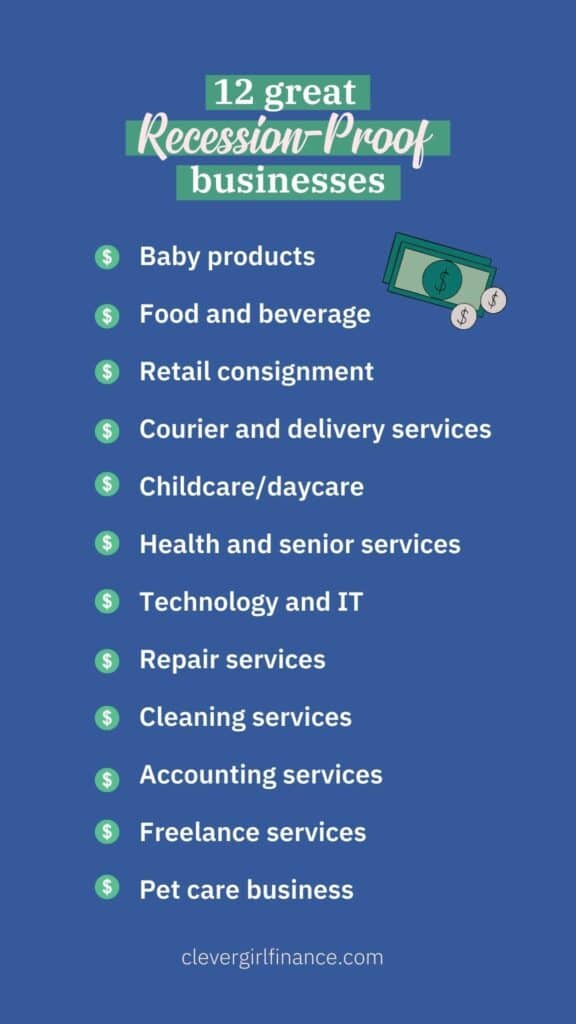
Investors should remember that industrial stocks are closely linked to the economy when investing in them. Investing with industrial stocks could pose an additional risk. This is especially true of buy-and hold investors who attempt to time the market so as to avoid suffering from painful declines. If negative economic news hits the industry, industrial stocks can suffer a steep decline. Investors must be attentive to the market's movements.
Caterpillar
Caterpillar industrial stocks can be a great investment if you are looking for a long-term return on your capital. Despite the company's recent success, it is important to remember that past performance doesn't guarantee future success. The company experienced a drop of almost 30% in the first quarter, which was one of the worst quarters it has ever had. However, new construction is expected to help the company thrive over the next several years.

Emerson Electric
If you're looking for a great industrial stock, consider Emerson Electric. This multi-industrial conglomerate consists of two main business platforms. They are automation solutions, and commercial and residential solution. Emerson also stocks a range of tools and compressors as well as home products. There are many household brands that Emerson sells. Let's look closer at the company and see what you can expect to do as an investor. Here is a look at the business model of the company:
Flexibility
A company must be flexible and strong in order to stay relevant and profitable in the industrial sector. We have highlighted five industrial stocks that exhibit flexibility and can track the market well. Here's why these stocks are attractive for investors. Each of these companies has a strong track record of leveraging its core competencies to lead and prosper. We evaluate their profitability, industry outlook and other metrics to determine why they are the best investments for the coming decade.
Flex (FLEX).
If you're looking for industrial stocks, you should look into Flex Ltd. (FLEX). This American multinational electronics contract manufacturing company and Singapore-domiciled business is the third-largest original device and equipment manufacturer in the globe. It is located in Singapore, and provides services to customers worldwide. It employs over 64,000 people worldwide as of January 2018. This stock is a great investment option for those who want to get into the company’s growing industrial business.

Flex (CTAS).
Although its outlook for EBIT margins may not be surprising, the company's shift in its mix to higher-growth markets and the emphasis on cost discipline are encouraging. The stock is not a good deal for the core business but the spinoff should bring significant value. The company's growth prospects and its position to profit from secular growth opportunities are excellent. In this article, we'll examine the latest key data on Flex (CTAS).
FAQ
Can bonds be traded?
The answer is yes, they are! Like shares, bonds can be traded on stock exchanges. They have been traded on exchanges for many years.
The difference between them is the fact that you cannot buy a bonds directly from the issuer. You must go through a broker who buys them on your behalf.
Because there are less intermediaries, buying bonds is easier. This means that selling bonds is easier if someone is interested in buying them.
There are different types of bonds available. Some bonds pay interest at regular intervals and others do not.
Some pay quarterly, while others pay interest each year. These differences make it easy compare bonds.
Bonds are great for investing. You would get 0.75% interest annually if you invested PS10,000 in savings. If you were to invest the same amount in a 10-year Government Bond, you would get 12.5% interest every year.
If all of these investments were accumulated into a portfolio then the total return over ten year would be higher with the bond investment.
What is a Stock Exchange?
Companies can sell shares on a stock exchange. This allows investors the opportunity to invest in the company. The market sets the price of the share. The market usually determines the price of the share based on what people will pay for it.
The stock exchange also helps companies raise money from investors. Investors invest in companies to support their growth. They do this by buying shares in the company. Companies use their money in order to finance their projects and grow their business.
Many types of shares can be listed on a stock exchange. Some are called ordinary shares. These are the most common type of shares. These are the most common type of shares. They can be purchased and sold on an open market. Prices for shares are determined by supply/demand.
Other types of shares include preferred shares and debt securities. When dividends are paid out, preferred shares have priority above other shares. The bonds issued by the company are called debt securities and must be repaid.
What are the benefits to owning stocks
Stocks can be more volatile than bonds. The value of shares that are bankrupted will plummet dramatically.
However, share prices will rise if a company is growing.
For capital raising, companies will often issue new shares. This allows investors the opportunity to purchase more shares.
Companies use debt finance to borrow money. This allows them to get cheap credit that will allow them to grow faster.
Good products are more popular than bad ones. As demand increases, so does the price of the stock.
As long as the company continues to produce products that people want, then the stock price should continue to increase.
What are the advantages of investing through a mutual fund?
-
Low cost - buying shares directly from a company is expensive. A mutual fund can be cheaper than buying shares directly.
-
Diversification - Most mutual funds include a range of securities. One type of security will lose value while others will increase in value.
-
Professional management - Professional managers ensure that the fund only invests in securities that are relevant to its objectives.
-
Liquidity- Mutual funds give you instant access to cash. You can withdraw money whenever you like.
-
Tax efficiency- Mutual funds can be tax efficient. So, your capital gains and losses are not a concern until you sell the shares.
-
Purchase and sale of shares come with no transaction charges or commissions.
-
Easy to use - mutual funds are easy to invest in. You only need a bank account, and some money.
-
Flexibility: You have the freedom to change your holdings at any time without additional charges.
-
Access to information – You can access the fund's activities and monitor its performance.
-
Investment advice - you can ask questions and get answers from the fund manager.
-
Security - you know exactly what kind of security you are holding.
-
Control - you can control the way the fund makes its investment decisions.
-
Portfolio tracking - You can track the performance over time of your portfolio.
-
Easy withdrawal: You can easily withdraw funds.
There are disadvantages to investing through mutual funds
-
Limited choice - not every possible investment opportunity is available in a mutual fund.
-
High expense ratio: Brokerage fees, administrative fees, as well as operating expenses, are all expenses that come with owning a part of a mutual funds. These expenses will eat into your returns.
-
Lack of liquidity - many mutual fund do not accept deposits. They can only be bought with cash. This limits the amount that you can put into investments.
-
Poor customer service - There is no single point where customers can complain about mutual funds. Instead, you need to contact the fund's brokers, salespeople, and administrators.
-
Ridiculous - If the fund is insolvent, you may lose everything.
Statistics
- Ratchet down that 10% if you don't yet have a healthy emergency fund and 10% to 15% of your income funneled into a retirement savings account. (nerdwallet.com)
- For instance, an individual or entity that owns 100,000 shares of a company with one million outstanding shares would have a 10% ownership stake. (investopedia.com)
- Individuals with very limited financial experience are either terrified by horror stories of average investors losing 50% of their portfolio value or are beguiled by "hot tips" that bear the promise of huge rewards but seldom pay off. (investopedia.com)
- "If all of your money's in one stock, you could potentially lose 50% of it overnight," Moore says. (nerdwallet.com)
External Links
How To
How to create a trading plan
A trading plan helps you manage your money effectively. This allows you to see how much money you have and what your goals might be.
Before you create a trading program, consider your goals. You may want to make more money, earn more interest, or save money. If you're saving money, you might decide to invest in shares or bonds. If you earn interest, you can put it in a savings account or get a house. If you are looking to spend less, you might be tempted to take a vacation or purchase something for yourself.
Once you have an idea of your goals for your money, you can calculate how much money you will need to get there. This depends on where your home is and whether you have loans or other debts. It's also important to think about how much you make every week or month. Income is what you get after taxes.
Next, you'll need to save enough money to cover your expenses. These include bills, rent, food, travel costs, and anything else you need to pay. These all add up to your monthly expense.
You will need to calculate how much money you have left at the end each month. That's your net disposable income.
You now have all the information you need to make the most of your money.
To get started with a basic trading strategy, you can download one from the Internet. Or ask someone who knows about investing to show you how to build one.
Here's an example of a simple Excel spreadsheet that you can open in Microsoft Excel.
This shows all your income and spending so far. This includes your current bank balance, as well an investment portfolio.
Another example. This was designed by a financial professional.
It will let you know how to calculate how much risk to take.
Do not try to predict the future. Instead, think about how you can make your money work for you today.